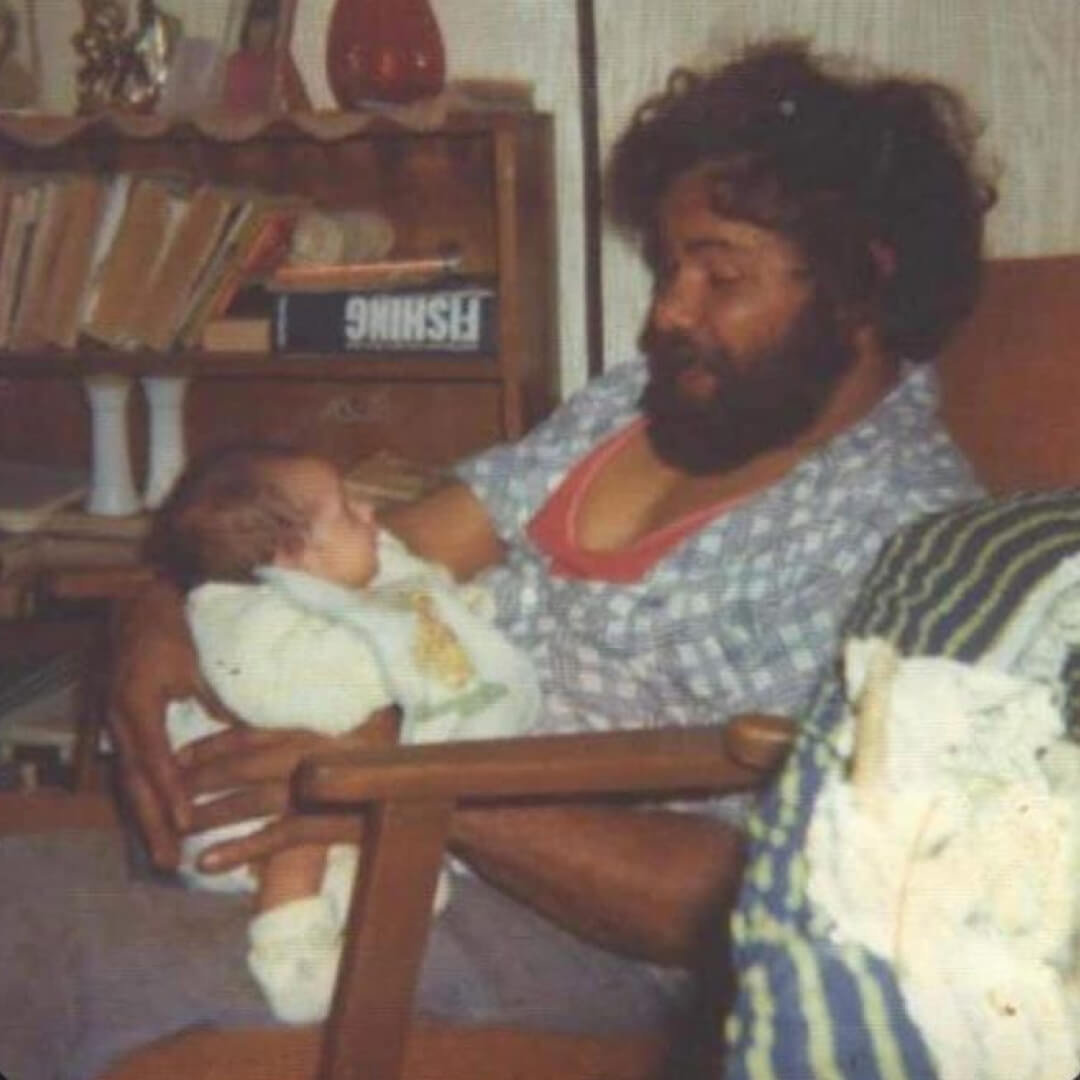
Two Bloods, One Heart
I was born to two worlds, my roots tangled deep in the red dirt of this country, my soul caught between two histories, one that claimed this land for itself, and one that knew this land as life itself.
My mother, English, came from the land of kings and cold gray skies.
My father, Kokatha and Narungga, was born of sun-soaked plains and a heritage that stretched back to time immemorial. Together, they loved me into existence, though the world wished I would not exist at all.
Growing up, I learned early that my existence was a protest. My skin, a shade too dark for my mother’s world and not dark enough for my father’s, told stories before my voice ever could. I was told who I was and who I wasn’t, too white to be black, too black to be white.
I lived in a country that could celebrate the Queen’s birthday with parades but found no space to honor the stolen generations. A place where my mother’s tongue was considered “proper,” while my father’s words were left to die in silence.
Hatred found me young. I felt it in the side-eyed glances of strangers, the muttered slurs, and the questions that cut too deep: “What are you, really?” But the worst hatred didn’t come from others. It grew inside me, fed by the shame of being torn between two heritages. I carried the weight of my mother’s ancestors, who built ships and empires, and the pain of my father’s people, whose sacred lands were scarred and stolen. At times, I resented them both. At times, I resented myself.
But love has a way of weaving through even the deepest wounds.
My mother taught me the strength of quiet defiance. She stood in spaces that weren’t hers and claimed them anyway, with her chin high and her heart unyielding. She showed me that love could build bridges that history tried to burn. My father, in contrast, taught me the power of remembering. His stories carried the weight of his ancestors’ voices, their songs echoing through him into me. He taught me that to survive was an act of rebellion, and to thrive was a revolution.
They both taught me the same lesson in different ways: that love doesn’t care for the color of your skin, only the beating of your heart.
I’ve carried their values like treasures through a world that often saw me as an outsider. My mother’s resilience and my father’s connection to the earth became my compass. From them, I learned that my greatest strength wasn’t in choosing one heritage over the other, it was in holding both with equal reverence. I was never meant to be divided. I was meant to embody unity.
This country didn’t make space for me, but I carved out my own. With every painting I create, with every person I heal, I refuse to let their hatred define me. I’ve come to see that the land needs me, needs us. Not as ghosts of the past or symbols of pity, but as living, breathing evidence to the beauty of survival.
And yet, survival hasn’t come without its cost. There were days when the weight of it all broke me. Days when I doubted my worth, questioned whether I belonged in either world. But even in my darkest moments, the values my parents gave me, their love, their strength, it kept me standing. Weakness was never something to be ashamed of, my father said. It was the space where strength was born.
Today, I live as a contradiction in a country that struggles to reconcile its own. My existence challenges its lies. My art tells stories it wants to forget. And my heart, torn as it has been, beats for a future where no one has to choose between their bloodlines.
I don’t just live between two worlds, I am two worlds. My mother’s love taught me grace; my father’s love taught me fire. And in the eyes of love, race has never mattered. Love has always seen me as whole, even when the world couldn’t.
I am Kokatha and Narungga.
I am English.
I am Nina.
And I am exactly where I am meant to be.
Nina Wright, Kokatha and Narungga, Artist, Writer, Healer